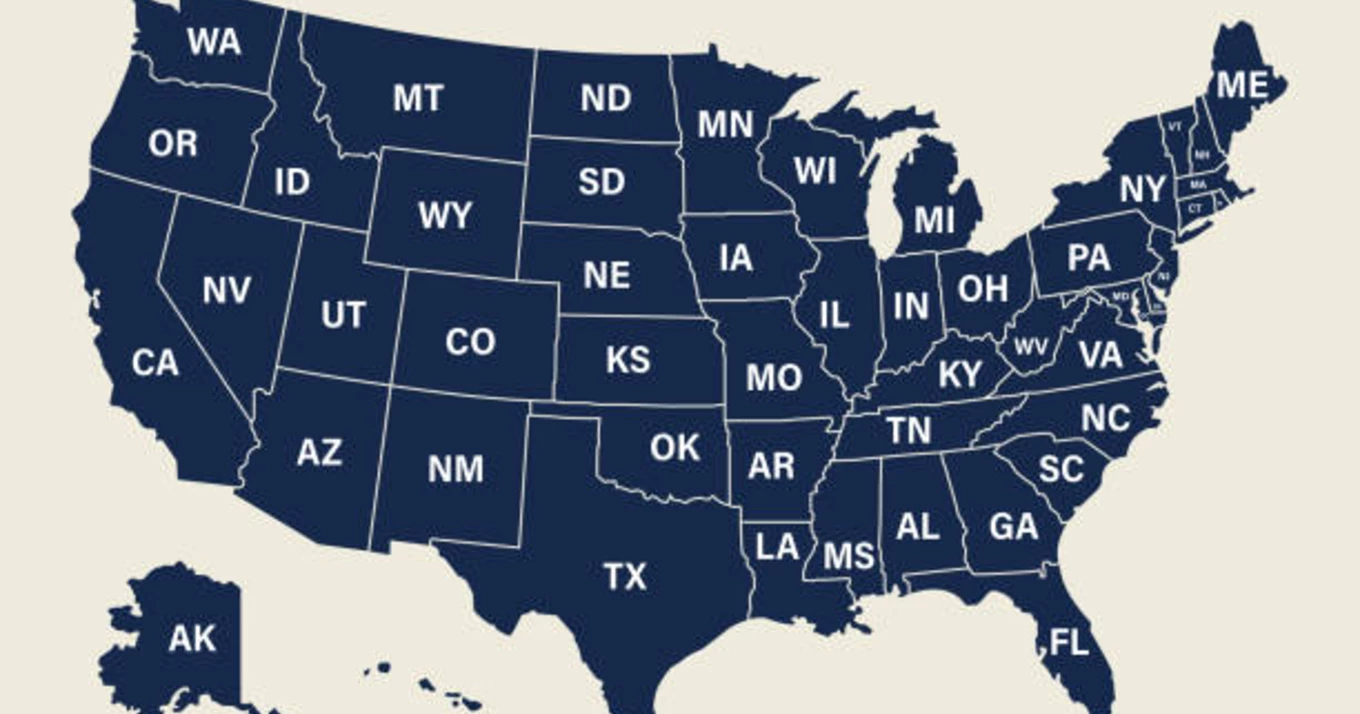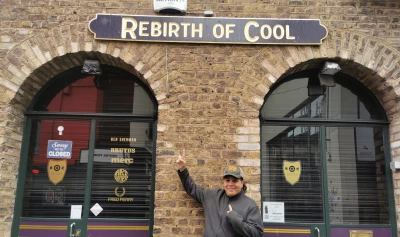States Tighten Restrictions on Adult Content
- 0 Collect
- 2 Like
- 383 Read
- Report


State-by-State Crackdown: New Legislation Targeting Online Adult Content
Before Donald Trump's second term began, there was significant concern about whether and how Project 2025 might influence his policies, particularly regarding adult content. Project 2025's language appeared to specifically target pornography, raising alarms among adult content producers about potential impacts on their businesses. Nearly a year into Trump's term, US states are indeed implementing stricter regulations on pornography, with proposed legislation often framed as protecting children—as such measures historically have been.
What's Happening in Wisconsin
Wisconsin's state legislature is attempting to pass an age verification bill targeting adult entertainment websites by restricting the use of virtual private networks (VPNs). The companion bills AB 105 and SB 130, sponsored exclusively by Republicans who control the state assembly, propose new restrictions that would make it illegal to use commercially available VPNs to circumvent age-gating—the pages or pop-ups that confirm a visitor is old enough to access a website.
What's Happening in Michigan
Michigan has introduced a far-right proposal to ban all pornography while furthering restrictions on VPNs and other proxies. The bill, titled the "Anticorruption of Public Morals Act," is currently being amended to include additional restrictions that appear aimed at completely shutting down all pornographic material in the state.
What's Happening in California
Governor Gavin Newsom, a Democrat, recently signed Assembly Bill 1043 into law. This measure requires age verification at the device operating system and/or app store level when users set up new phones, tablets, or computers. The "Digital Age Assurance Act" mandates that platform-operating companies implement this age-verification system by summer 2026. The law will curtail the use of VPNs and other proxy measures commonly used to circumvent age-gating. Supporters claim AB 1043 will also introduce safeguards to prevent suicide and self-harm linked to social media platforms, AI chatbots, and deepfakes. In a recent statement, Newsom said: "We've seen some truly horrific and tragic examples of young people harmed by unregulated tech, and we won't stand by while companies continue without necessary limits and accountability. We can continue to lead in AI and technology, but we must do it responsibly—protecting our children every step of the way. Our children's safety is not for sale."
What's Happening in Pennsylvania
Bipartisan lawmakers in Pennsylvania are introducing legislation to tax online pornography transactions. The bill imposes an additional ten percent tax on subscriptions to online adult content platforms and one-time purchases, on top of the state's existing six percent sales tax. Revenue collected will be added to the state's General Fund to support "critical priorities."
Concerns from Critics
While no reasonable person would argue against keeping minors from viewing pornographic material, critics raise concerns about these measures beyond attempts to eradicate pornography entirely.
Vague Language: The definition of what is and isn't covered remains imprecise. For instance, Newsom's AB 1043 references "general purpose computing devices." Does this include gaming consoles, home fitness equipment, and other personal electronic devices?
Privacy Concerns: Critics worry about how far age verification methods will infiltrate personal privacy. A de-facto age verification requirement risks the privacy of not only minors but every person using a device or accessing apps and services, even when accessing content that doesn't fall under age restrictions.
Parental Documentation: Since children typically don't have adult identification, will minors need their parents to submit sensitive documentation just to grant them access to apps?
Security Vulnerabilities: Will innovative hackers and predators find new ways to infiltrate customer information from thousands of store locations with varying security levels, all required to comply with these new customer registration laws?


